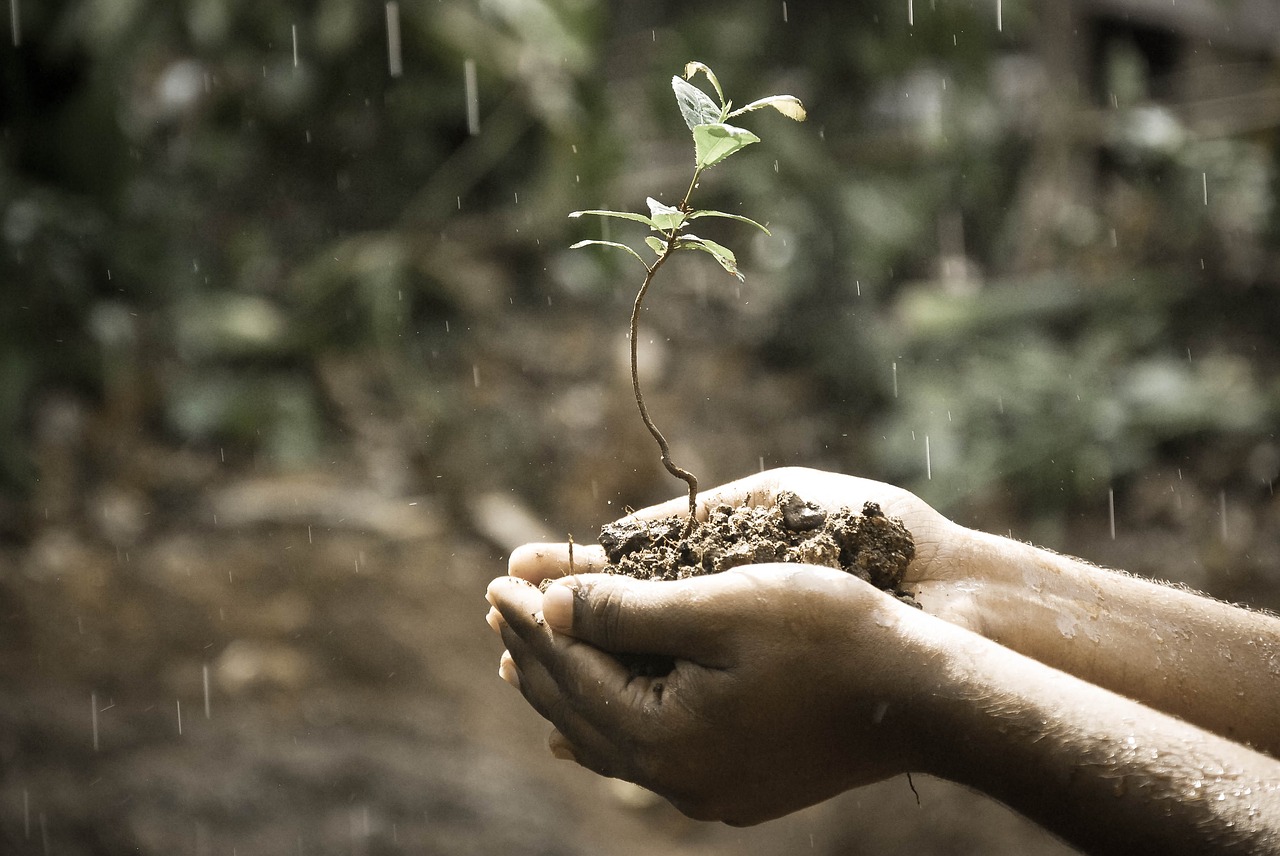The growing season is upon us in Vancouver, Camas, and Washougal, Washington. From vegetable gardens to flower beds, now is the time to be planting. Before you plant, it is important to ensure your soil is healthy and properly amended. This blog will answer some basic questions about soil amendment.
What is Amending Soil?
The health of your plants depends heavily on the health of your soil. Furthermore, different plants have different needs in regard to types of soil. For instance, plants like azaleas, rhododendrons, and camellias, all prefer soil that is acidic, whereas plants like forsythia, lilacs, and sage all prefer alkaline soil. Therefore, amending soil is simply the process of adding organic matter to your soil, to change or add to the composition of the soil. Adding compost to your garden soil is an example of a soil amendment. Often the amendment is added directly to the soil and lightly tilled in a few inches below the surface of the soil.
Testing Soil
The only way to truly know what your soil is lacking is to perform a soil test. You can purchase soil test kits at stores or online, or you can also have your soil tested at a lab. Either way, the test will inform you as to what your soil is made of. Soil tests tell you a lot about your soil including the ph levels (acidic or alkaline), nitrogen levels, phosphorous levels and much more. Performing this test will give you a great idea of what your soil is made of. Furthermore, some soil tests let you know the levels of clay, silt, or sand in your soil as well.
Common Issues and Amendment Suggestions
My Soil is Too Alkaline
Alkaline soil means that the ph levels of your soil are too high. Many people swear that used coffee grounds are a cheap and effective way to raise the acidity of your soil. Iron sulfate, although a much more expensive option, is a great way to increase the acidity of your soil as well.
My Soil is Too Acidic
The opposite of alkaline soil is acidic soil. Acidic soil means that the ph levels are too low. A somewhat cheap solution for increasing the alkalinity is using wood ash. Other options include adding lime or chicken manure as well. If you have already planted, it is a good idea to add a little of one of these substances at a time, retesting your soil afterward, to ensure you do not shock and harm the plants.
My Soil is Missing Nutrients
If your soil is lacking essential nutrients like phosphorous or nitrogen, which is extremely important for any plant, the best thing to do for your soil is to add compost. The type of compost will depend on what nutrients you are lacking (i.e. composted grass clippings or leaves will add different nutrients than composted food, for instance).
My Soil is Too Dense or Hard
Sometimes, your soil can become too hard to work properly, which makes it difficult (sometimes impossible) to plant directly into. Furthermore, when your soil is too dense, it usually means that it has high levels of clay, which will cause drainage issues. The best option for relieving this dense soil and help with drainage is to apply a good amount of peat moss, which helps to lighten and aerate the soil.
My Soil is Too Sandy
Overly sandy soil has a hard time delivering essential nutrients to plants. Therefore, it is a good idea to ensure that you remedy this situation by adding a good amount of compost. Compost will help enrich your soil, ensuring your plants will receive the nutrients they need.
These are the basics for amending soil. If you would like some help with solving your soil problems, give Urban Eden a call today at (360)567-6399, contact us here, or fill out our FREE estimate request.

